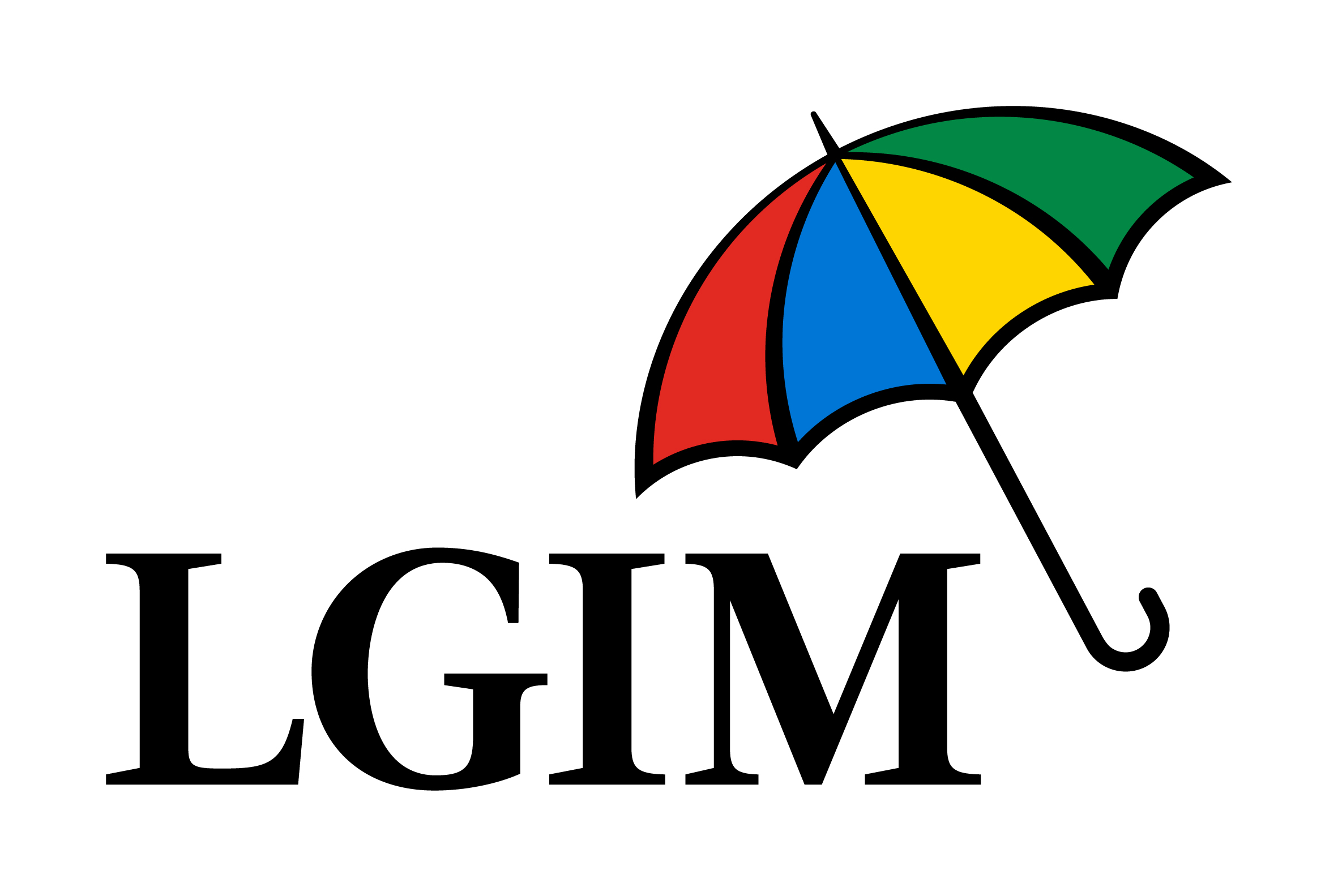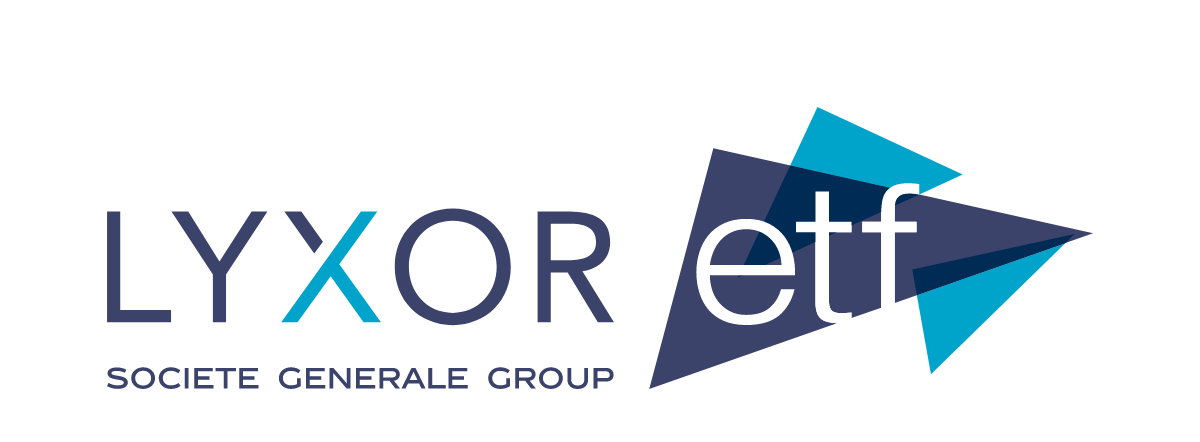With just over a week until the US Presidential election, a lot is on the line for environmental, social and governance (ESG) ETFs as the two candidates have conflicting interests when it comes to climate and sustainable-focused projects.
Current President Donald Trump has said he is interested in supporting the efforts of clean air and water if he is to be re-elected, however, part of his manifesto includes bolstering the country’s oil and gas production.
The Republican Presidential candidate has voiced is opinions on climate change while in office having reversed numerous policies put in place by his predecessor, Barack Obama.
Furthermore, President Trump has pulled out of the Paris Agreement, removed any mention of climate change from government websites and often questions ‘where is all the global warming?’.
His opponent in the upcoming election, Joe Biden, shares an opposing view on climate change and looks to reverse the changes made by President Trump to the former policies put in place by Obama.
Along with this, the Democratic candidate has said he will assist in helping industries that are looking to provide sustainable solution to climate issues.
Regardless of political views, there could be some potential opportunities of success for investors looking capitalise on the possible win for Biden. Here are four ETFs that could benefit if the Democrats win on 3 November.
Lyxor S&P 500 Paris-Aligned Climate (EU PAB) UCITS ETF
Biden has said he wants to get the US back on track to reach net-zero carbon emissions by 2050, in line with the Paris-Agreement. To achieve this, he plans to plug $2trn into research and development goals.
There have been a flurry climate-focused ETFs taking different strategies that offer impact investing to enable investors to develop sustainable portfolios.
In the summer of 2020, a number of ETF issuers launched ranges of climate ETFs that incorporated Paris-aligned benchmarks (PAB) or climate transition benchmarks (CTB). These benchmarks include companies that have a decarbonisation figure of 7% year-on-year.
One issuer to launch this range was Lyxor which included a US exposure tracking a Paris-aligned S&P 500 index, the Lyxor S&P 500 Paris-Aligned Climate (EU PAB) UCITS ETF (PABU).
Using the S&P 500 as the parent index, PABU’s benchmark selects and weights companies to be collectively compatible with a 1.5ºC global warming climate scenario at the index level. Therefore, companies must be actively reducing their carbon emissions and green house gases (GHG) to be selected in the index.
As a result of the index’s methodology reducing the environmental score compared to the S&P 500, sector exposures do alter.
The energy sector is removed completely from the PAB index having 2.1% weighting in the S&P 500. Information technology remains the largest exposure at 31.6%, up from 28.2%. The health care sector also sees a jump from 14.2% to 20.3%.
SPDJI makes a significant dent in the number of constituents in the PAB index as the S&P 500 is trimmed of its 505 stocks to just 339. However, those 339 companies would be well positioned if Biden were to be elected and carried through on his promise of supporting those that are making a difference to the environment.
iShares Electric Vehicles and Driving Technology UCITS ETF
One decision by SPDJI that shocked the industry was its decision not to include Tesla in the S&P 500 despite its impressive performance recently.
The electric car producer has mainstreamed electric vehicles and shown car buffs that you do not have to compromise on style and power to have a more environmentally friendly car now that the manufacturer has moved away from cobalt batteries.
Biden vs Trump: Sector ETFs to play if Democrats win US election
Biden also voicing his support of electric vehicles, he has promised the creation of one million jobs in the automobile sector which would bolster the electric car industry. He has also reportedly said that he will invest $400m into the industry to support the adoption of electric vehicles including the transition away from federal petrol-powered cars and trucks.
BlackRock’s iShares Electric Vehicles and Driving Technology UCITS ETF (ECAR) looks to offer exposure to the industry which would be in direct line for this support.
ECAR is comprised of 82 companies that not only are involved in the manufacturing of electric vehicles but also to the suppliers.
It also includes an exclusion screener that removes any company that has significant involvement within nuclear power, thermal coal or oil and gas.
Unsurprisingly, Tesla is the largest holding with 3.9% weighting ahead of the likes of FIAT Chrysler with 2.5% and Ford with 2.4%.
Amundi Smart City UCITS ETF
As part of his sustainable efforts, Biden has said an area of focus for improving during his hopeful time in office is to develop sustainable homes.
He plans to build 1.5 million sustainable homes and housing units in his bid to modernise infrastructure. This entails utilising the technology available to improve roads, housing, transit networks and universal broadband access.
ETF Insight: Trump vs Biden – how their policies could affect ETFs
In October last year, Amundi expanded its thematic offering with two ETFs that offer exposure to industries that are being driven by the introduction of 'smart technologies'.
The Amundi Smart City UCITS ETF (SCITY) has an objective of including companies within the fund that are related to the development of smart cities. This includes companies that are involved within smart infrastructure, smart waste management and wireless connectivity.
The US is the largest exposure accounting for just over a third of the ETF.
L&G Clean Water UCITS ETF
One area that frequently pops up in Biden’s manifesto is the improved accessibility to clean water in the US. He wants to enable the entire population from all four corners to have access to clean water as part of the multiple resources that many have been neglected over recent years.
Furthermore, he wants to restore and protect clean water supplies while offering disadvantaged communities access to 40% of the overall benefits of spending in this area.
Legal and General Investment Management’s (LGIM) clean water ETF is well positioned to also see the benefits of this area of support.
The L&G Clean Water UCITS ETF (GLUG) is comprised of global companies that are actively engaged in the international clean water industry through the provision of technological, engineering or utility. This means a company must meet a certain criterion of revenue is sourced from its involvement within clean water to be included in the fund.
Companies within utilities must have 90% of its revenue from water-related income while engineering and technology companies must have a minimum water revenue share of 50% and 5%, respectively.
While it is a global ETF, some 61.2% of the fund is comprised of US stocks including Advanced Drainage Systems, Danaher and Evoqua Water Technologies which appear in the top 3 holdings.






